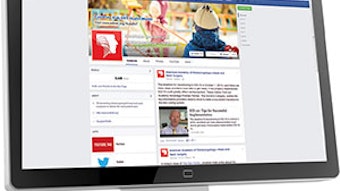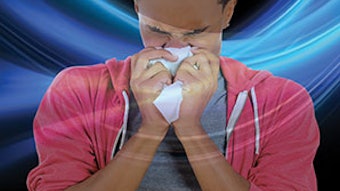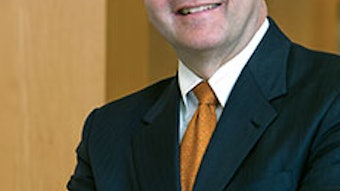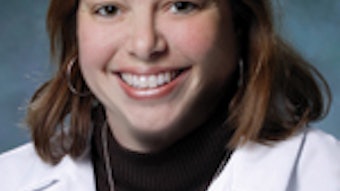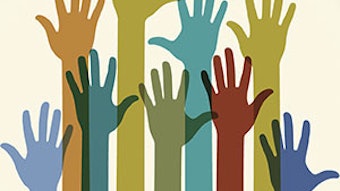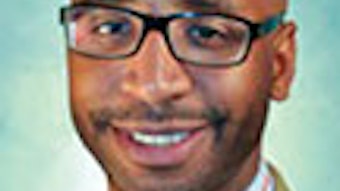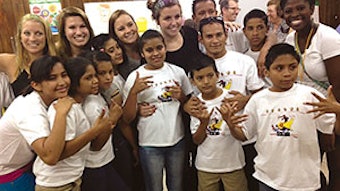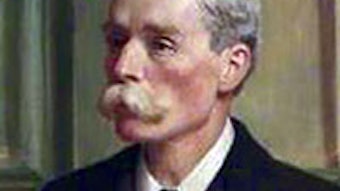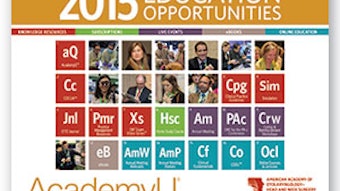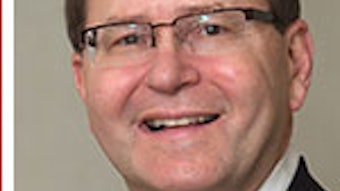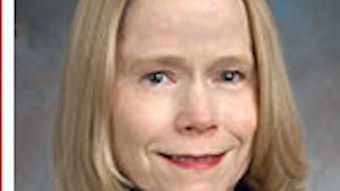‘Each One, Teach One’—The AAO-HNS Diversity Endowment Experience
In 2011, the Association of American Medical Colleges (AAMC) published data that showed how the rates of medical students from under-represented minority groups, namely African-American, Latino, and Native American, are significantly lower than the general population.
By Noriko Yoshikawa, MD, and Art Ambrosio, MD
In 2011, the Association of American Medical Colleges (AAMC) published data that showed how the rates of medical students from under-represented minority groups, namely African-American, Latino, and Native American, are significantly lower than the general population. A recent review by Schwartz, et al. (Otolaryngology-Head & Neck Surgery, 2014), paralleled this disproportionate growth, particularly in the field of otolaryngology–head and neck surgery when comparing AAMC graduate medical education data between 1975 and 2010 against U.S. Census Bureau data changes during that timeframe.
This disparity is further compounded by the fact that ethnic minority groups—namely members of the African-American and Asian/Pacific Islander communities—have demonstrated a greater propensity to pursue careers in family medicine, internal medicine, or pediatrics to allow for broader care in their communities of origin (Iglehart, New England Journal of Medicine, 2014).
A diverse physician work force in both the medical and surgical communities is important in an era that is seeing greater expansion of access within socioeconomically disadvantaged backgrounds, as well as a changing American landscape—one in which the U.S. Census Bureau predicts ethnic minority communities will exceed 50 percent of the population for the first time by 2042.
What Are We Doing?
Using funds from the Diversity Endowment, the Diversity Committee launched the Under-represented Minority (URM) Away Rotation Grant this year. This program was developed to help encourage medical students from URM backgrounds who are interested in otolaryngology-head and neck surgery. Away rotations are a great opportunity for students to gain exposure to our field, to network, and to audition for a spot in residency. The cost, however, can be burdensome with travel and housing. This grant was created to provide this exposure and to help offset these costs. Twenty-four programs signed on to participate, agreeing to provide the medical students with mentors who would meet with them weekly, should the grant winners chose to rotate with them.
The 24 programs that participated included: Albert Einstein College of Medicine, University of Arkansas, Baylor, University of California at San Francisco, University of Colorado, University of Florida-Gainesville, Harvard, Henry Ford/Wayne State, Johns Hopkins, Kaiser Permanente, University of Kansas, University of Louisville, Louisiana State University-Shreveport, Mayo Clinic-Rochester, University of Michigan, University of Mississippi, University of Missouri, University of Nebraska, New York University, University of Pittsburgh, Southern Illinois University, University of Texas-Galveston, Vanderbilt University, and Yale University.
Two winners were selected. Jacqueline Wulu from the University of Illinois at Chicago did her rotation at Johns Hopkins University, and Hermann Simo from the Medical University of Ohio at Toledo chose to do his away rotation at the Cancer Surgery Center at Henry Ford in Detroit, Michigan.
Wulu, who grew up in Michigan and Maryland, will be the first medical doctor in her family. She reports that, while her family held physicians in high esteem, there was also a cultural distrust of the medical system. This is one of the things that inspired her to become a physician—to bridge the cultural gap and to enable African-Americans to recieve the medical care they need. While in medical school, she has been performing community outreach through a clinic that works with IV drug users and those living with HIV, and she has been involved with a program that teaches medical topics to second to 10th graders. After achieving her dream of becoming an otolaryngologist, she hopes to continue providing care to the underserved, both locally and abroad.
Simo grew up in Cameroon, West Africa. Discrimination against people from his tribe precluded him from higher education, so he moved his studies to Zaire for a combined undergraduate and medical degree until civil war thwarted his efforts. This gave him the impetus to immigrate to the United States at age 22. Knowing that he wanted to study medicine and that his credits in Zaire would not be transferable, he restarted the premedical process entirely as an undergraduate at the University of Massachusetts in Boston. He worked full time while attending college in order to send money home to help support his parents. He hopes to work in an academic, inner-city setting to help the underserved.
What Can You Do to Help?
We are looking forward to another chance to recreate these experiences for more candidates in 2015. Please make a contribution Diversity Endowment through the AAO-HNS. If you know of any potential medical student candidates, please share the application available here.
